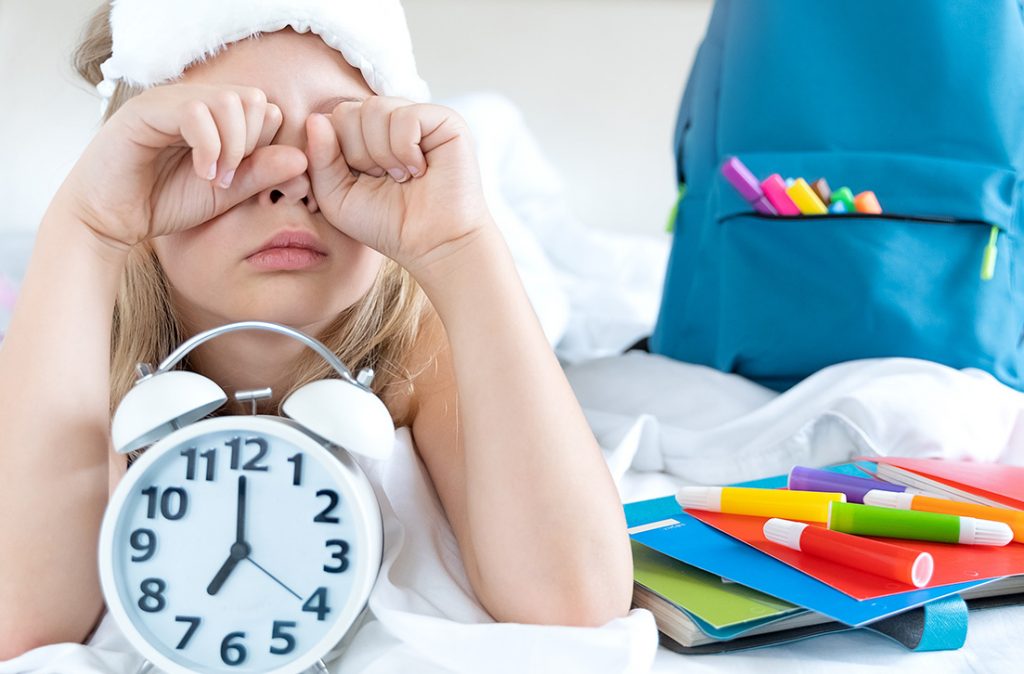
Another back to school season has begun, but this year looks a bit different. Students are returning to their classrooms trying to understand what their ‘new normal’ looks like.
Returning to school can cause anxiety even in the most ‘normal’ of times, Dr. Richard Martini, a child and adolescent psychiatrist at the University of Utah, explained to NPR. He said, “For some of these kids, [there is] a good bit of anxiety around getting back into the classroom on a regular basis,” he says, “They’re understanding and trying to deal with everything that has happened over the last two years.”
The Covid-19 Pandemic disrupted normal school and social routines. For many students school meant a computer at home or disrupted school times. This year, most students are returning for in-person learning, the Center for Disease Control Prevention (CDC) reports, Covid cases continue to be down nationally. Depending on the school district, mask mandates have been lifted along with social distancing guidelines.
So what does this ‘new normal’ school look like? In many ways this school year will restore some pre-pandemic normalcy, however this ‘new normal’ will look different for everyone. California schools are the first to mandate later start times, with other states including Maryland, New York, New Jersey, and Massachusetts proposing similar legislation.
Something often overlooked that can help your student adjust to their ‘new normal’ is understanding the importance of sleep. According to a study done by the CDC, six out of ten middle schoolers and seven out of ten high schoolers aren’t getting enough sleep.
Studies have shown again and again that sleep is an essential part of every child’s development and well-being. Dr. Rachel Dawkins explains in an article for John Hopkins All Children’s Hospital, “kids who regularly get an adequate amount of sleep have improved attention, behavior, learning, memory, and overall mental and physical health.”
Mental health is also affected by sleep. A study done by the University of Warwick found depression, anxiety, impulsive behavior, and poor cognitive performance in children was linked to shorter sleeping durations.
One of the researchers, Professor Jianfeng Feng, stated, “sleep disturbances are common among children and adolescents around the world due to the increasing demand on their time from school, increased screen time use, and sports and social activities”
The American Academy of Pediatrics recommends different amounts of sleep each night based on age.
- Age 3-5 years : 10-13 hours (including naps)
- Age 6-12 years: 9-12 hours
- Age 13-18 years: 8-10 hours
Sleep Recommendation
To help your child get the sleep they need for this school year, here are four recommendations.
1. Find a sleep schedule and stick to it.
This may seem easy enough, but with homework, extracurricular activities, and the everyday stresses of school, sticking to a sleep schedule can be difficult. Finding a consistent time to fall asleep maintains the body’s internal clock, helping you to fall asleep faster and wake up feeling rested.
2. Set up a bedtime routine.
After establishing what time to go to sleep and wake up, establish a routine to do right before bed. This will help your child to begin calming themselves down for bed and allow their body to recognize it’s time to sleep.
3. Limit the use of electronics before bedtime.
The blue light from devices mimics daylight, which can suppress the body’s melatonin production. Studies show using electronics an hour before bedtime are linked with difficulty falling asleep and poor sleep quality. Instead try switching your devices out with reading or something soothing before bedtime.
4. If you notice something off with your student’s sleep, ask about it.
You’ve tried everything and nothing is helping get your student’s sleep, reach out to your pediatrician to discuss how to help and what to look out for.